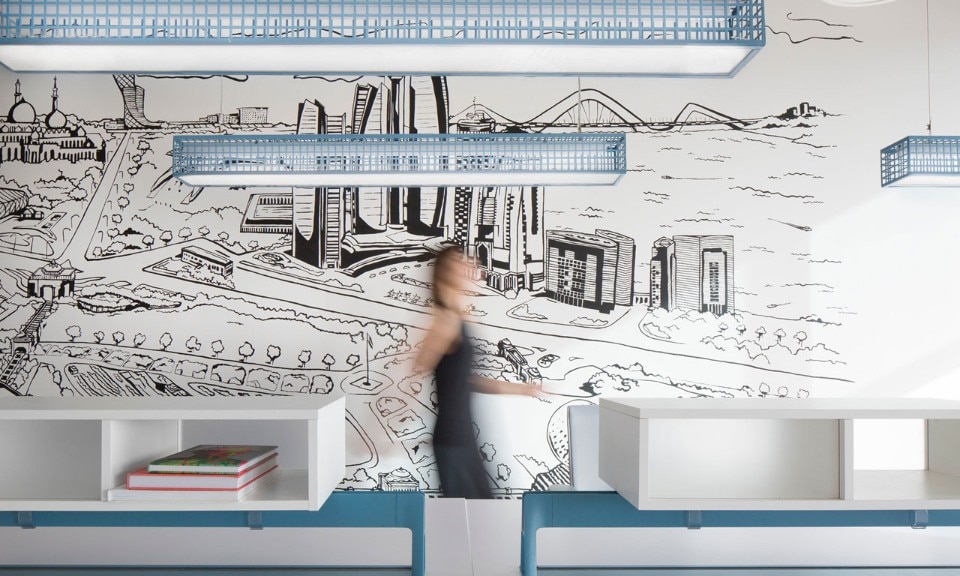Looking forward to the Dubai Design Week 2017 we have interviewed a series of creative women that have contributed to development of the UAE design scene. We started with interior designer Pallavi Dean, founder of Pallavi Dean Interiors in 2013. She shared her viewpoint on Dubai’s creative industry, its evolution and protagonists, and what it is like to be a woman designer in Middle East’s growing market.
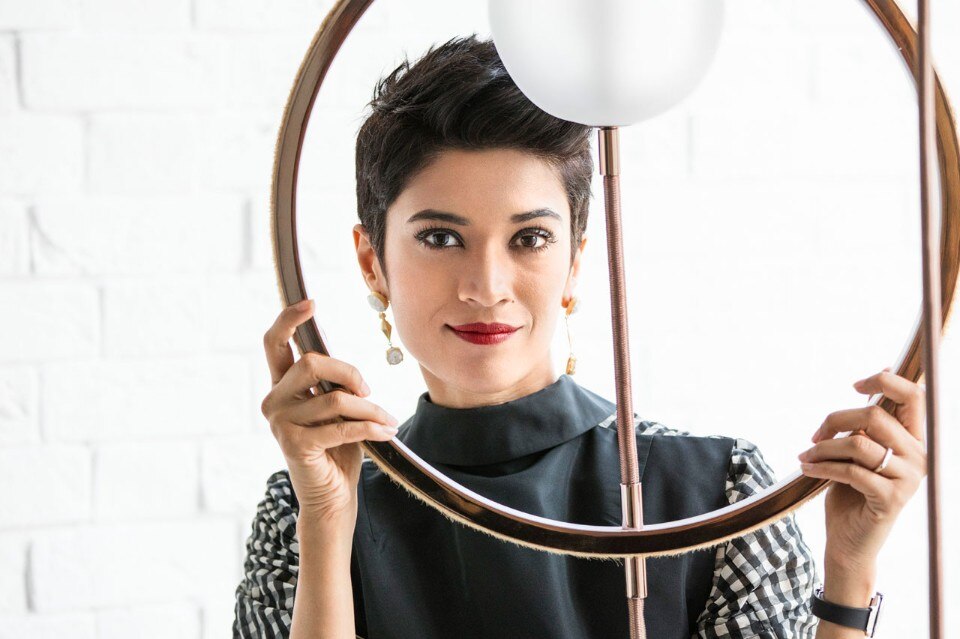
Marianna Guernieri: Pallavi, this year you won the CID Boutique Design Firm of the year Award, followed by the Index and Identity Design Award. What does it mean for a young woman to make it through the Emirati design industry?
Pallavi Dean: Like the saying goes, you need ten years of hard work to become an overnight success. That’s our story – we’ve scooped up a bunch of awards this year, but there have been countless hours of hard work, and a lot of awards we didn’t win in the past, to build up to this moment.
The good news is that being a woman hasn’t been a barrier. I want a level playing field rather than a different set of rules, and that’s what I think I’ve had in the UAE. I spent two years working in London and honestly, there’s no difference in the way people treated me in the UK or the UAE. I’ve been lucky with timing: Sheikha Lubna al Qassimi became the UAE’s first female minister in 2000, while I was still at university, and that sent a powerful message to the country. Still, you need a strong personality to be able to command a roomful of senior businessmen – and it is usually men in the decision-making positions at real estate developers.
Sheikha Lubna al Qassimi became the UAE’s first female minister in 2000, while I was still at university, and that sent a powerful message to the country
Marianna Guernieri: How would you describe the Emirati contemporary visual culture in short?
Pallavi Dean: In one word “Evolving”. I grew up in Dubai in the 1980s and 1990s, just as it was embracing design to make a splash on the world stage. The Jumeirah Beach Hotel and Burj Al Arab hotels were blatant uses of architecture as a marketing weapon, to get Dubai on the front cover of magazines. Like a lot of places, Dubai is striving to retain its history, heritage and culture and fuse that with modern design styles, techniques and technologies, such as 3D printing.
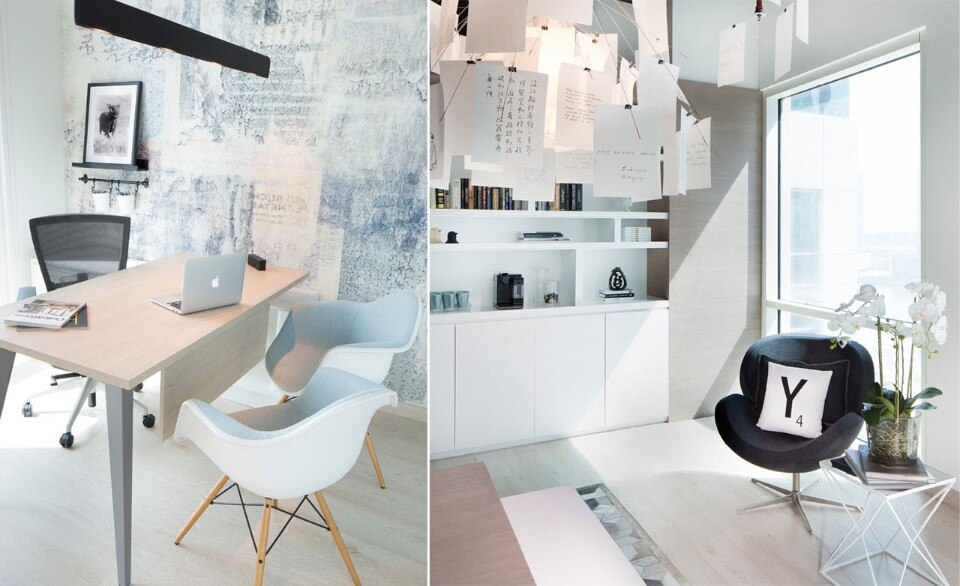
Marianna Guernieri: How has the Emirati world of interiors been evolving since you started in 2012 and how do you see its future?
Pallavi Dean: Over the last four years I feel we are defining the design language for the region – this is not imported or borrowed but an authentic voice of regional designers. Three things specifically have changed. First, Dubai Design District opened in 2015 and became a physical hub for design companies. When they launched they commissioned a report from Deloitte which showed that the regional design industry is worth $36 billion. Almost overnight it changed the status of design, from being a hobby to being a real industry.
Second, the rise of Emirati designers. People like Aljoud Lootah, Khalid Shafar and Zeinab Al Hashemi are becoming mini celebrities! Third, the rise of the boutique interior design firm. Clearly, we’re benefiting from this! We’re only a few years old and we’re designing a hotel on Palm Jumeirah, the regional headquarters for multinational companies, and a string of projects for governments and ruling families. We’re by no means the only firm benefiting from this: Bishop Design has been blazing a trail for boutiques for years, and you’ve got young firms emerging alongside us such as Brand Creative.
I grew up in Dubai in the 1980s and 1990s, just as it was embracing design to make a splash on the world stage. The Jumeirah Beach Hotel and Burj Al Arab hotels were blatant uses of architecture as a marketing weapon, to get Dubai on the front cover of magazines
Marianna Guernieri: Your work ranges from commercial to hospitality, residential and retail. What is your design vision? What do you look for when planning a new interior?
Pallavi Dean: Our mantra is “Create experiences through design”, and we live and breathe that. The guiding principle is always the experience of the people who will use a space – the students in a school, the staff in an office. That means doing lots of research before a line is drawn or a brick is laid, to really understand the users of the space, in some cases better than they understand themselves. That’s not easy, so we’ve developed our own UXD (User Experience Design) tool to walk our clients through a rigorous, step-by-step research process right at the start of the project. It’s tempting as a designer to bypass this process and jump straight into the concept, but this investment of time pays huge dividends later on.
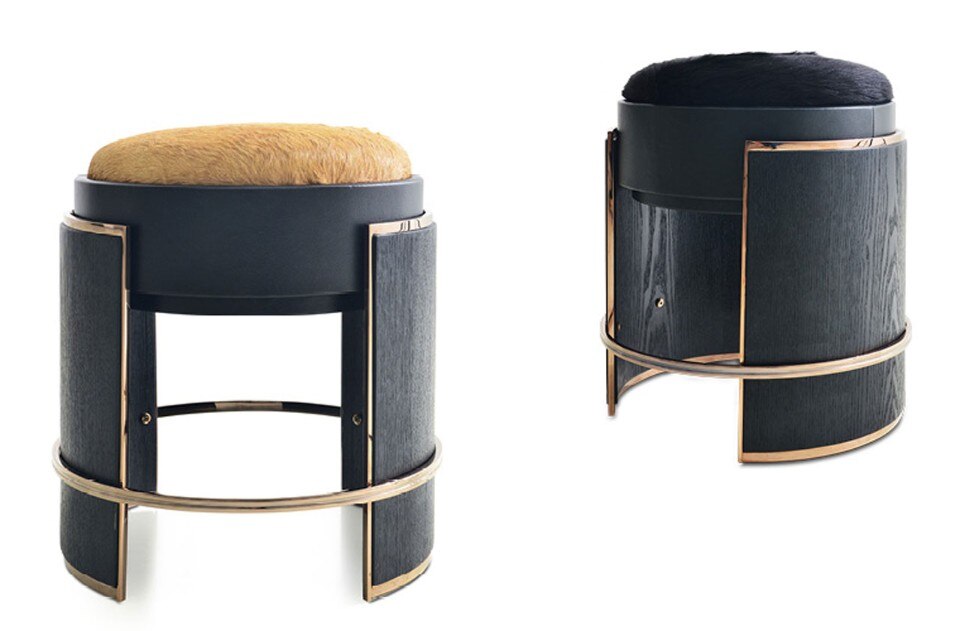
Marianna Guernieri: What’s your personal relationship with Dubai Design Week? Are you going to exhibit at the 2017 edition?
Pallavi Dean: Dubai wants to shift from being a consumer and importer of designer to a producer and exporter. Those are big words, and fairs like Design Days Dubai and Downtown Design, and curated initiatives like Dubai Design Week, are vital in showing the world we have the talent to back up the talk. And you know what, the world is sitting up and taking notice. We now have international reporters writing features on Dubai-based designers. That wouldn’t have happened even three years ago. It’s early days, but this train is on the move!
I am launching my first stationery collection called Analogue Thinker. It’s a sketchbook designed for creatives who are digital doers but analogue thinkers. I’ve also designed Metamorphosis, a maze-like installation for carpet tile manufacturer Interface’s booth at Downtown Design. They take old rugs and discarded fishing nets and turn them into beautiful carpet tiles. Using principles like biomimicry and biophilia to bring the natural world indoors, they help create what they call “+Positive spaces.” Finally, we’re hosting a seminar in our office for design professionals.
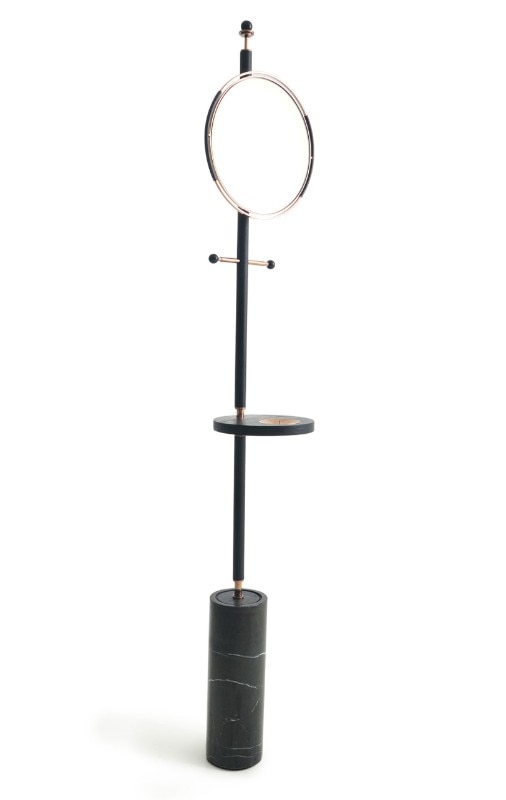
Marianna Guernieri: Your next design steps?
Pallavi Dean: I think sometimes we all need to stop focusing on the future and enjoy the moment. Next year will see two or three big projects delivered. I’m thinking in particular of the Delano hotel on Palm Jumeirah, but also the Dubai Office for the US media company Edelman – that will help define what a modern Middle East workspace can be. We’ll be rolling out two home grown restaurant concepts in Sharjah, one of them with celebrity Lebanese chef Maroun Chedid. And an education project that’s still top secret but will make waves when unveiled.
© all rights reserved

